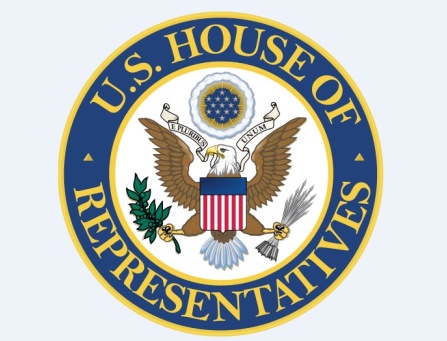Bipartisan Bill Would Goose Broadband Buildouts

The smarter way to stay on top of the multichannel video marketplace. Sign up below.
You are now subscribed
Your newsletter sign-up was successful
A bipartisan bill is being introduced that would light a fire under FCC efforts to get broadband to all in the time of COVID-19.
House Majority Whip James E. Clyburn (D-S.C.) and Rep. Fred Upton (R-Mich.), former chairman of the Energy & Commerce Committee, are backing H.R. 7022, The Rural Broadband Acceleration Act.
Related: House Democrats Update Broadband Plan
The bill would direct the FCC to fund "shovel-ready" high-speed broadband buildouts ASAP.
By ASAP, it means that within a year of freeing up the funds, that access would be available.
The bill "directs the FCC to accelerate the deployment of funds to bidders in the upcoming Rural Digital Opportunity Fund (RDOF) that commit to: 1) build a gigabit tier broadband network; 2) begin construction within 6 months of receiving funding; and 3) provide internet service within a year."
“The Covid-19 crisis has exposed the severity and magnitude of the rural-urban digital divide. Telework, telemedicine, and distance learning are impossible in areas without broadband access. Our bipartisan legislation will fund hundreds of rural broadband construction projects immediately," said Clyburn.
The smarter way to stay on top of the multichannel video marketplace. Sign up below.
"“If we can pass this bipartisan bill and implement it, it might be one of the biggest leaps for rural America in our lifetime," added Upton.
The Congress and FCC are focused on getting as much broadband built out to as many people as possible as quickly as possible given the ongoing need for remote healthcare, education and telework in an age of social distancing that could stretch well into the future.
Related: FCC Says Digital Divide Continues to Close
A focus on closing the digital divide runs in the Clyburn family. His daughter, Mignon Clyburn, is a former FCC commissioner and chairman who continues to promote affordable connectivity for all.
WISPA, the wireless internet providers association, were glad to see bipartisan efforts to speed internet projects, just not this particular one.
"[T]he tool that the Representatives are purportedly using to advance their cause will only dig small innovators already in the marketplace into a ditch in favor of providers who have historically been absent from the effort to erase the digital divide," the group said, but it was not done brandishing its shovels at the legislative proposal.
"Our shovels have been busy, beating back the digital divide for years. Moreover, WISPs have been doing this largely on their own dime, without special taxpayer status, favorable grants, access to tens-of-millions of utility poles, rights-of-ways, or easements, or statutory protection," it said. "A sudden shift in a well-deliberated FCC process to close the digital divide will actually prevent that process from closing it for years to come."
Contributing editor John Eggerton has been an editor and/or writer on media regulation, legislation and policy for over four decades, including covering the FCC, FTC, Congress, the major media trade associations, and the federal courts. In addition to Multichannel News and Broadcasting + Cable, his work has appeared in Radio World, TV Technology, TV Fax, This Week in Consumer Electronics, Variety and the Encyclopedia Britannica.

